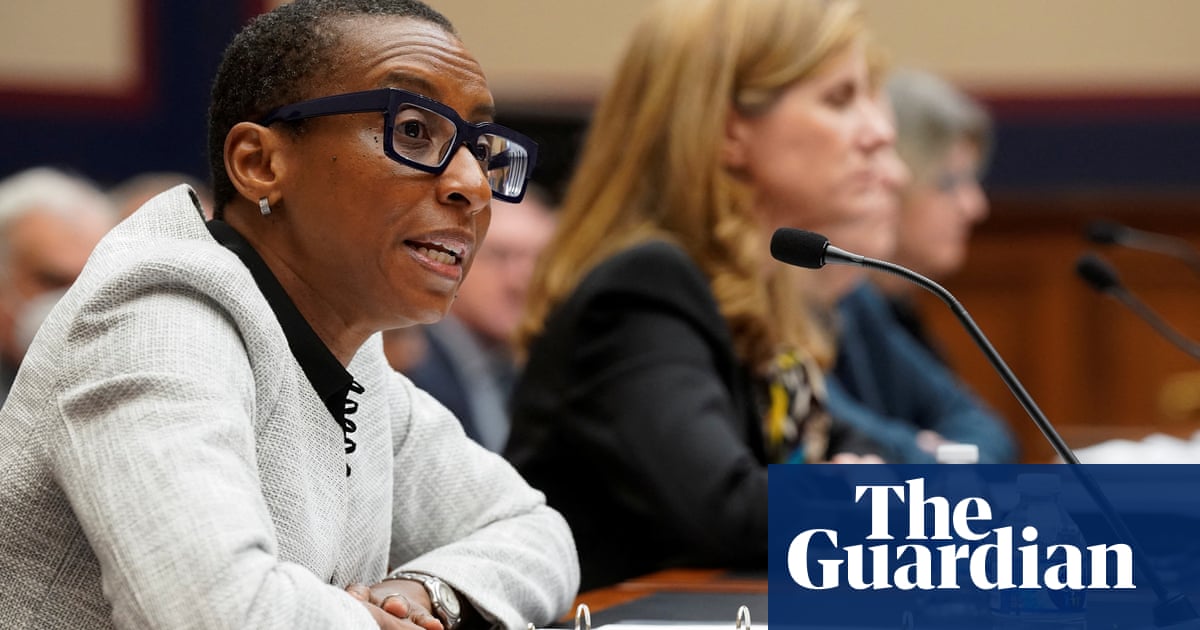
Vice-chancellors are to review international student admissions by British universities, including how to identify “bad practice” among agents employed to attract people from overseas, after controversy over recruitment.
Universities UK, which represents university leaders, announced a series of reviews into the use of recruitment agents and international foundation programmes, as well as the code of practice governing admissions.
“There has been a significant focus on recruitment practices relating to international students in recent weeks. While many aspects of the reporting misrepresented the admissions process and criteria, it is vital that students, their families, and government have confidence that the system is fair, transparent, and robust,” Universities UK said.
Universities have recently been accused of lowering entry standards for international students, who pay far higher tuition fees than UK students and effectively subsidise their education as well as research activities.
The University of York has told staff to be “more flexible” in admitting international students with lower than expected grades, while an investigation by the Sunday Times recorded agents acting for universities such as Durham and Exeter claiming that international students with poor grades could easily gain entry via international foundation courses.
Durham University described the claims as “plain wrong”. A spokesperson said: “Entry requirements for international students who have completed international foundation years are benchmarked to ensure they are equivalent to those for home students entering with A-levels.”
Universities UK said it would undertake a rapid review of international foundation courses, and compare entry requirements with those for UK students. Vice-chancellors said they would work with the government to review the use of agents, and make changes to “improve resilience and identify bad practice”.
Universities will also update their admissions code of practice “to clearly state its applicability to international students”. The code currently promises “fairness and transparency” and states that universities will “use the evidence they have available to make informed decisions on applicants’ potential to succeed on a course”.
David Willetts, the former universities minister who piloted the introduction of tuition fee loans in England, has blamed the government’s freezing of fees since 2016 for increasing the reliance on overseas student income.
Willets said: “Universities need overseas students to cross-subsidise the domestic ones. The best way to solve this problem would be properly to fund domestic higher education funding, which would mean linking fees to inflation or some other such formula.”
A spokesperson for the Russell Group of leading research universities said international students were not taking up places at the expense of UK students. “The latest Ucas data shows domestic student numbers at Russell Group universities are rising faster than international student numbers,” they said.












